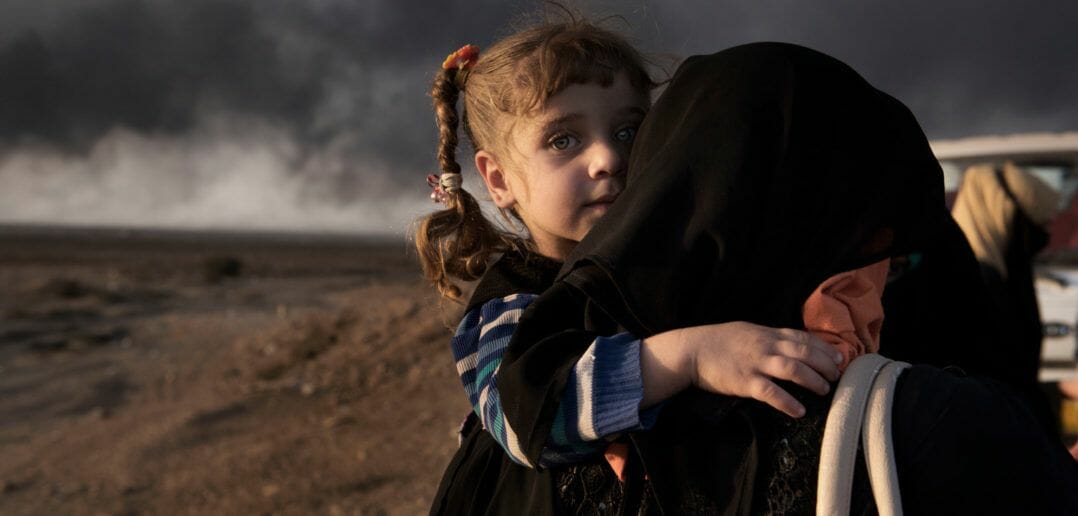
© UNICEF/UN040095/Romenzi (CNW Group/UNICEF Canada)
A pipeline in the Iraqi city of Mosul broke last week, cutting off clean water to nearly half of the children in the region. The pipeline was struck as Iraqi troops fought to regain control of Mosul from the Islamic State (ISIL); because it is located in an area of Mosul that still controlled by ISIL, the pipeline is inaccessible for repairs.
“Children and their families in Mosul are facing a horrific situation. Not only are they in danger of getting killed or injured in the cross fire, now potentially more than half a million people do not have safe water to drink,” Peter Hawkins, a UNICEF Representative in Iraq, said in a press release.
If the pipeline is not repaired quickly and civilians resort to drinking water from unsafe sources, the children in Mosul could be at risk of contracting waterborne diseases such as diarrhea. This is the latest blow to the children of Mosul who have continued to face harsh conditions since the Iraqi government launched the offensive on Mosul in October.
In the interim, the Iraqi government and UNICEF are working to find alternative methods of providing clean water to the affected areas. Water is currently being trucked from 35 kilometers away into Mosul, but the supply is not enough. Throughout the offensive, the Iraqi government has struggled to protect civilians while fighting to retake the city.
ISIL maintains control of many water and electricity plants in Mosul. The terrorist regime has been known to open and close access to these resources as they please.
Before the offensive began, the Iraqi government dropped leaflets on the city encouraging civilians to stay in their homes. This was intended to prevent a humanitarian crisis set off by fleeing civilians, according to The New York Times.
However, this has left hundreds of thousands of civilians at the mercy of ISIL for basic necessities.
The Iraqi government is considering evacuating civilians; but until then, children and their families will be forced to rely on help from the government and international organizations.






